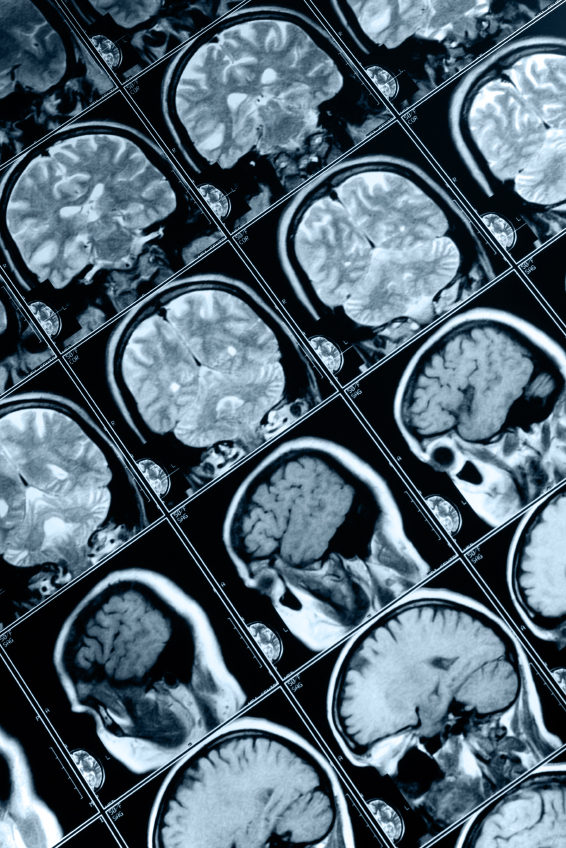Dr. Laurent Alexandre, an author specialising in transhumanist issues, is publishing a paper on the “false promises of artificial intelligence”. He returns to the history of artificial intelligence to show that the current “avalanche of catastrophic predictions” “should be dealt with cautiously”, because “scientists have been mistaken about AI … since 1956”.
The foundations of Artificial Intelligence [1] (IA) were laid in 1940 by Alan Turing, but “research did not really take off” until 1956, “following the conference at Darmouth College, in the United States”. Scientists, driven by “the race for public subsidies”, made “false and totally unrealistic promises” creating “vast delusion”.
Artificial intelligence therefore met with a “frosty” response following the initial wave of “enthusiasm”. Research was “hampered by the complexity of the human brain”: AI “capable of awareness per se was not within reach”.
However, since 1995, Laurent Alexandre has noted “substantial progress”. “In 1997, the Deep Blue computer beat the world chess champion. In 2011, the Watson super computer beat humans in the ‘Jeopardy!’ game on television and, in 2015, within minutes, it performed cancer analyses which would take flesh and blood oncologists decades to analyse”. However, “computer programs have still not acquired the brain’s most subtle characteristics”.
[1]There are two types of AI: strong AI, “capable of producing intelligent behaviour, of experiencing a sensation of real self-awareness, feelings, and reasoned understanding” (cf. synthèse Gènéthique du 21 juillet 2015),and weak AI which “aims to create independent systems capable of resolving technical problems by simulating intelligence”. Strong AI is more difficult to access but weak AI is “revolutionary” and “an increasing number of tasks are already being carried out more efficiently by weak AI than by humans”, e.g. Google Car or surgical robots, for instance.
Le Monde (10/08/2015)

